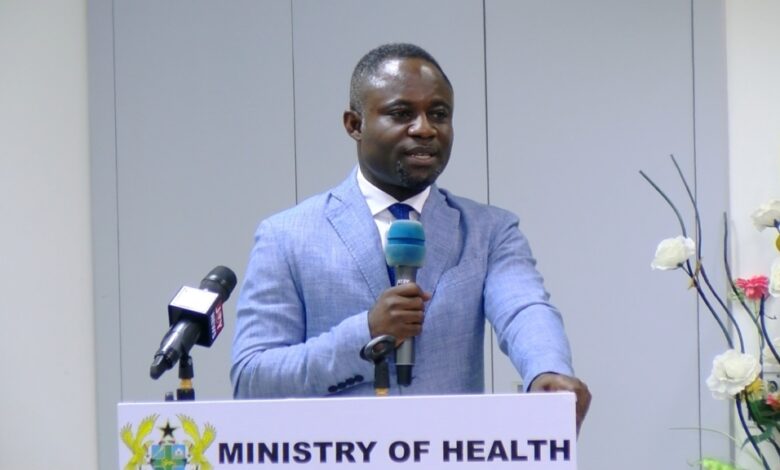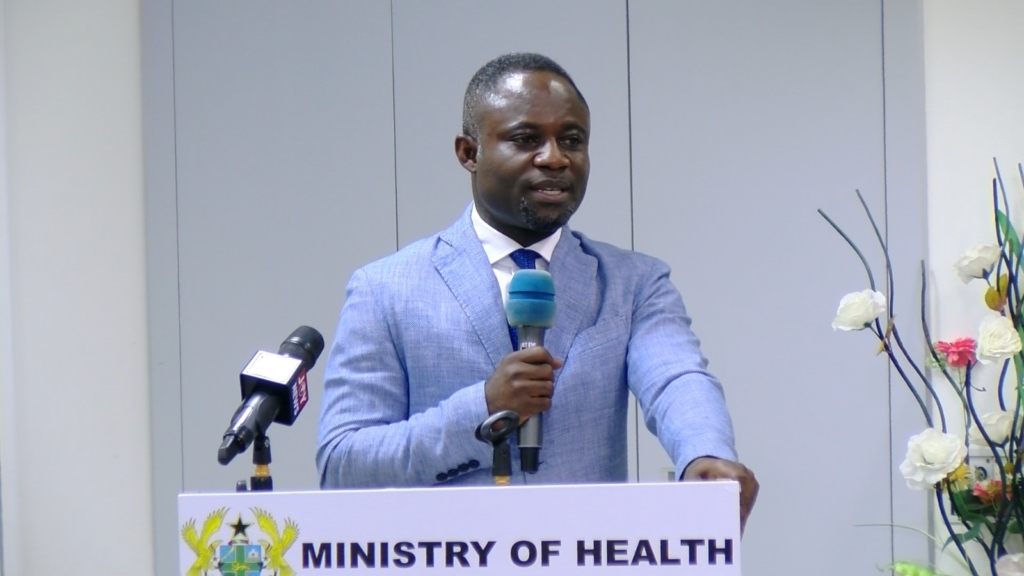Lightwave rejects Health Minister’s claims, defends integrity of E-health programme


Lightwave E-Healthcare Solutions Limited has rejected statements made by the Minister of Health, Kwabena Mintah Akandoh, regarding the stewardship of the country’s National E-Healthcare Programme and the Lightwave Health Information Management System (LHIMS).
In a communique issued on Thursday, October 30, the firm dismissed the Minister’s remarks, delivered in Parliament on October 28 and repeated at the Presidential Accountability Series, as inaccurate and capable of distorting public understanding while jeopardising momentum in Ghana’s digital health transformation.
Company rebuts data-control concerns
Responding to the assertion that Ghanaian electronic medical records were being handled remotely from India without Ministry oversight, Lightwave insisted the claim was entirely baseless.
According to the organisation, all patient data generated through the programme remains the exclusive property of the Ministry of Health and is secured within a central repository at the Ministry’s data centre in Accra.
It emphasised that no data is stored in India or any foreign jurisdiction. Lightwave noted that, although the Ministry owns the data, the LHIMS platform remains its proprietary software licensed to government under formal agreement.
Clarification on contract implementation and funding
The company further refuted suggestions that it had received 77 percent of a US$100 million contract despite completing less than half of the work. It argued that the Minister’s figures overlooked the differentiated cost structure across 950 health facilities.
Lightwave explained that deployments in the four teaching hospitals alone represented roughly 21 percent of the contract value.
By the contract’s end on December, 31 2024, the firm stated that installations had been completed across all teaching and regional hospitals, together with 243 district hospitals, warranting approximately 72 percent of the contract sum.
Delays attributed to bureaucratic and external pressures
Touching on project delays, Lightwave highlighted extended approval timelines, late payments and the impact of the COVID-19 pandemic. It remarked that contract terms required payment within 36 days of invoicing, yet actual disbursements took an average of ten months, creating material financial pressure.
Response to equipment concerns
Addressing claims of inadequate or substandard equipment provision, Lightwave maintained that all hardware met agreed specifications and underwent inspection and warranty procedures. On laptops in particular, the firm clarified that the contractual obligation was for 9,544 units rather than the 13,172 cited by the Minister, noting that deliveries aligned with the deployment schedule.
Outstanding obligations and ongoing service
Lightwave also challenged the assertion that government owed no outstanding sums, disclosing that it remains unpaid for eight months of post-contract service. It affirmed that it continues to support more than 200 operational facilities, including Cape Coast Teaching Hospital, Effia Nkwanta Regional Hospital and the Eastern Regional Hospital.
Appeal for constructive engagement
The company urged restraint in public commentary and called for a collaborative resolution to what it described as an unnecessary stalemate.
It underscored that LHIMS has performed effectively for nearly nine years and reiterated its readiness to work with the Ministry to complete outstanding installations and safeguard continuity of care for citizens.
DISCLAIMER: The Views, Comments, Opinions, Contributions and Statements made by Readers and Contributors on this platform do not necessarily represent the views or policy of Multimedia Group Limited.
DISCLAIMER: The Views, Comments, Opinions, Contributions and Statements made by Readers and Contributors on this platform do not necessarily represent the views or policy of Multimedia Group Limited.
Source link





